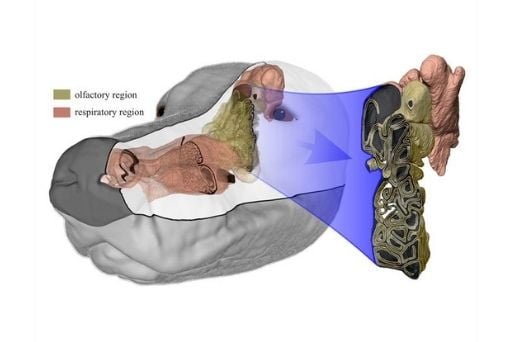Can dogs detect health problems in their owners?
All this time, we perceived dogs as cute four-legged creatures who make the best pets for your beautiful home. But what if we told you that your pet dog could do a lot more than wag its tail and sniff around?
Recent studies have shown that dogs can detect health problems in their owners. As they pick up their owners’ odor, they can sniff any disorder that may make this odor complex for them.
Of course, there is a lot more that proves they are capable of this quality. Naturally, such research has led many dog owners to rely on their dogs more than ever to detect health problems in them.
Let us take a delve for how dogs have proven to detect health problems in their owners over the years and how helpful the results have been for us so far!
Your pet dog can save your life
In the early days, dogs’ ability to detect health problems in their owners was debated. When the confusion went on to increase, researchers decided to conduct experiments to prove the point.
Several experiments were held where dogs were trained to detect health problems in humans with various physical and mental disorders. The results were surprising and led us to believe in them more precisely. But the question is, how do dogs do this? Do they have any special powers? No, of course not.


Dogs possess a hands-down sense of smell that allows them to sniff health conditions in our body. Although humans also possess this sense of smell, ours has only 5 million scent glands while dogs have around 125 to 300 million glands. That is why they are more sensitive to smell and may go on to sniff things that we may not understand at all. That is why dogs are carried around by military soldiers to sniff bombs, drugs, and other harmful items to protect their lives.
Recent studies had shown that dogs could smell not only external problems but also internal ones in humans. That is why when their owners are unwell or suffering from internal problems that they may be unable to recognize themselves, their dog’s sense of smell may help spot them.
An assortment of experiments prove the point
The first study of dog training for this purpose was read by Dr. Lichtenfeld in England in 2004 and was published in the British Journal Of Medicine.
In this experiment, dogs were trained to detect health problems via blood samples. They were majorly trained to detect bladder cancer. Although 41% of dogs did not show any incredible results, 14% of them did. Since then, people have been conducting more research on these dogs and training them to detect such health problems in humans.
The researchers conducted the following research at Pine Street Foundation, California, where dogs were trained to detect breast and lung cancer. This time, the results were impeccable. They had an 88% success rate with 97%accuracy rate with lung cancer.


“Although there is currently no cure for cancer, early detection offers the best hope of survival,” stated Heather Junqueira, lead researcher at BioScentDx. “A susceptible test for detecting cancer could potentially save thousands of lives and change the way the disease is treated.”
Many dogs can even detect mental health problems in their owners. When one suffers from even significant issues like post-traumatic stress disorder, dogs can identify that by their owners’ behavioral changes and emotional differences. Thus, their understanding of emotions and expressions also helps them entirely with this.
In another instance, dogs had even saved lives by alerting people about health problems even before they occurred. Alert dogs helped their owners to spot their type 1 diabetic problems even before the symptoms began to appear. As the low-blood sugar changes the volatile organic compounds, the dogs let their owners know about it by licking their hands and whining. So, it’s obvious that your pet dog may come in handy when you want to save your life.
Today, dogs are being involved in several such researches and studies where they are trained to identify more health disorders in humans. So, it is fair to say that they may be able to save our lives from here on.
“We believe all diseases have a scent associated with the diseases, due to the changes occurring within the body, with different organs expressing different chemical compounds. These scents are evident in breath and sweat,” said Ralph Hendrix, Executive Director of Dogs4Diabetics.

The bottom line
Pet dogs are the future for health problem detection in humans. With the vast number of research and experiments that prove the point, it is fair to say that more and more owners will now begin to depend on their dogs to save their lives. In many cases, it may be fruitful for sure. However, it requires a lot of training to make that possible in each household.




